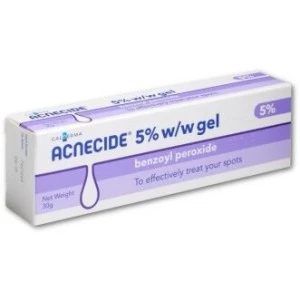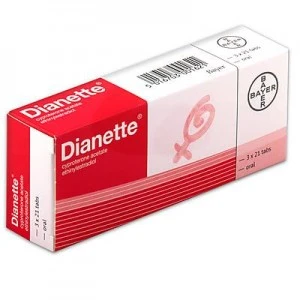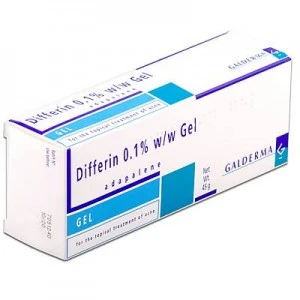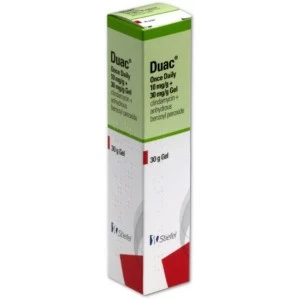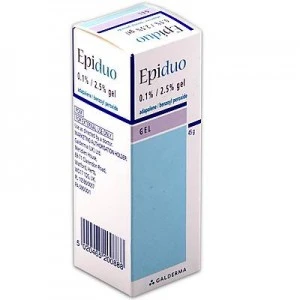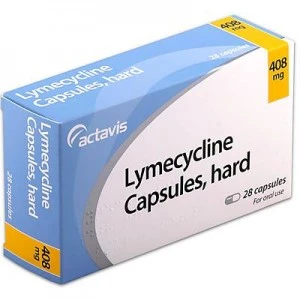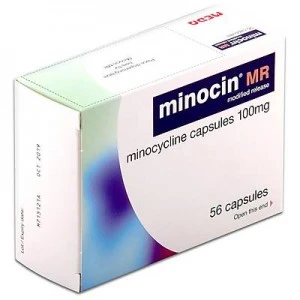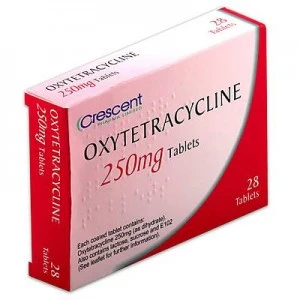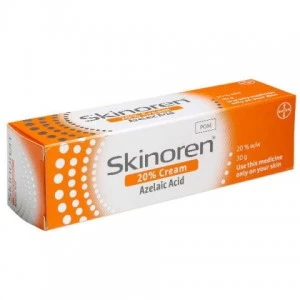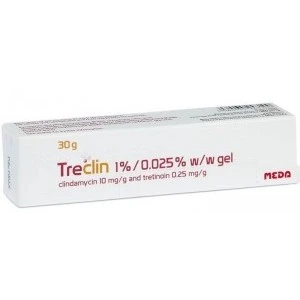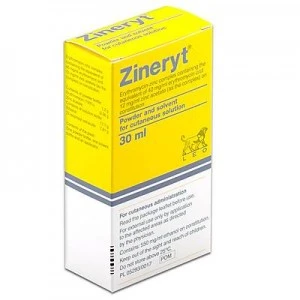Acne
Acne (acne vulgaris) is the most common skin disease for people of all races and ages in the UK. The condition affects the skin oil glands and often results in painful and sometimes unsightly lesions and scars.
Through our private and confidential free consultation service, you can now buy acne treatment without a prescription. One of our qualified prescribers will review your consultation, and then all approved orders will be dispatched using a 24-hour courier in plain, unbranded, discreet packaging for your confidentiality.
Acnecide Gel
- Contains benzoyl peroxide
- No prescription required
- Dispatched from a UK registered pharmacy
Dianette
- Helps prevent acne
- Available as a contraceptive
- Sent from a registered pharmacy
Differin (Adapalene)
- Applied once a day to treat acne.
- Acts as an anti-inflammatory
- Available in cream or gel
Duac Once Daily Gel
- Eradicates bacteria
- Applied once daily
- Dispatched from a UK regulated pharmacy
Epiduo
- Epiduo gel is an acne treatment
- Active ingredients are adapalene and benzoyl peroxide
- Applied once daily
Lymecycline
- Effective for acne
- Taken once a day
- Sent from registered pharmacy
Minocin
- Minocin is an effective acne treatment
- Active ingredient minocycline
- Sent from a registered pharmacy
Oxytetracycline
- Used for bacterial infections; acne; rosacea
- Prevents infections caused by germs
- Sent from a registered pharmacy
Skinoren Cream
- Azelaic acid
- Reduces growth of keratin
- Kills bacteria
Treclin Gel
- Attacks acne-causing bacteria
- Helps dead skin cells to shed
- Online consultation available
Zineryt
- Treatment of acne - referred to as pimples or spots
- Used to reduce the growth of bacteria
- Sent from a registered pharmacy
Treatments for Acne
Oxytetracycline
This oral antibiotic contains an active ingredient (oxytetracycline dihydrate) that prevents the spread of bacteria causing the infection. It clears and uplifts the appearance of acne-prone skin in under ten weeks.
Minocin
This oral antibiotic inhibits bacteria caused by the sebaceous glands, preventing the spread of acne and improving skin appearance. Its active ingredient is minocycline hydrochloride, which has a low risk of side effects. Although the manufacturer has discontinued this product, equally effective alternatives are available. Talk to us to learn more.
Dianette for acne
Although commonly a contraceptive for women, this medication is also very effective in treating acne. If the other oral antibiotics designed explicitly for acne fail, you can have Dianette delivered to you within twenty-four hours. This prescription uses the ethinylestradiol and cyproterone acetate hormones. Cyproterone acetate inhibits the production of excess sebum by the male sex hormones. It is effective in preventing the development of bacteria and infections, which are known to contribute to the development of acne.
What Is Acne?
The word "acne" originates from the word "acme," meaning "highest point." Latin clerics misread the Greek word "akmas", which means spot or point, referring to the points of pimples. Human skin is prone to pimples that tend to appear on the face, neck, shoulders and back. These appear as spots, or points, and result when skin cells, hair, and sebum clump together into a plug that is then infected with bacteria. This results in a breakout or swelling.
How Does Acne Develop?
Acne affects the skin's oil glands (sebaceous glands). Pores, the small holes in your skin, connect to oil glands beneath the skin using canals called follicles. These glands produce an oily substance (sebum) that carries dead skin cells through the follicle to the skin surface. Thin hair also grows through each follicle, and it develops into a pimple or acne when it gets clogged. Acne often affects the skin on the face, upper chest, shoulders and back. It may show as blackheads, whiteheads, or pimples.
What Are The Causes Of Acne?
The exact cause of acne is unknown. Many experts believe that a rise in androgen hormone levels plays a primary role in the development of acne. The level of androgen is particularly high during adolescence. This causes the skin's oil glands to grow and produce more oil. An excessive amount of sebum may break down the cellular walls in the pores, allowing bacteria to grow. In summary, these factors might lead to acne:
- Hormonal Increase in teenage years
- Changes in hormones during pregnancy
- Starting or stopping birth control pills
- Genetic predisposition
- Medication containing lithium or androgen
- Greasy make-up
What Are The Types Of Acne Pimples?
- Whiteheads — remain under the skin and are usually very small in size
- Papules — are visible on the skin surface and are small pink bumps
- Pustules — clearly visible on the skin surface and have a red base with pus at the top
- Blackheads — clearly visible on the skin surface as black spots, but they are not a result of dirt
- Cysts — clearly visible on the skin surface, very painful and filled with pus; they often leave scars
- Nobules — clearly visible on the skin surface as large, solid pimples; they are embedded deep in the skin and are painful
How Can People With Acne Care For Their Skin?
Acne can be effectively managed with the right medication, such as those listed here. Beyond that, a person with acne-prone skin needs to take these extra precautions to prevent the recurrence or worsening of the condition:
- Use a mild cleanser to clean your skin gently at least twice a day
- Avoid picking, touching, squeezing or pinching your skin, as this can lead to scars and dark spots
- Be careful when shaving; soften your beard with soap and water before using shaving cream
- Avoid excessive sun exposure
- Be selective in your make-up; choose oil-free products specifically labelled non-comedogenic, which means the product will not clog your pores.
- Do not sleep with makeup on
More on Acne
What is Dry Skin Brushing & Its Role in Acne?
Control your hormones, control your Acne
Adult Acne: Natural Ways to Help You Control It
How to get rid of hormonal acne?
© 2013 - 2025 Al Muhsineen Limited. All Rights Reserved. Registered Pharmacy: 34 Halliwell Road, Bolton BL1 8RL. Registered Office: 254 First Floor, Shearbrow, Blackburn, England, BB1 8DS

